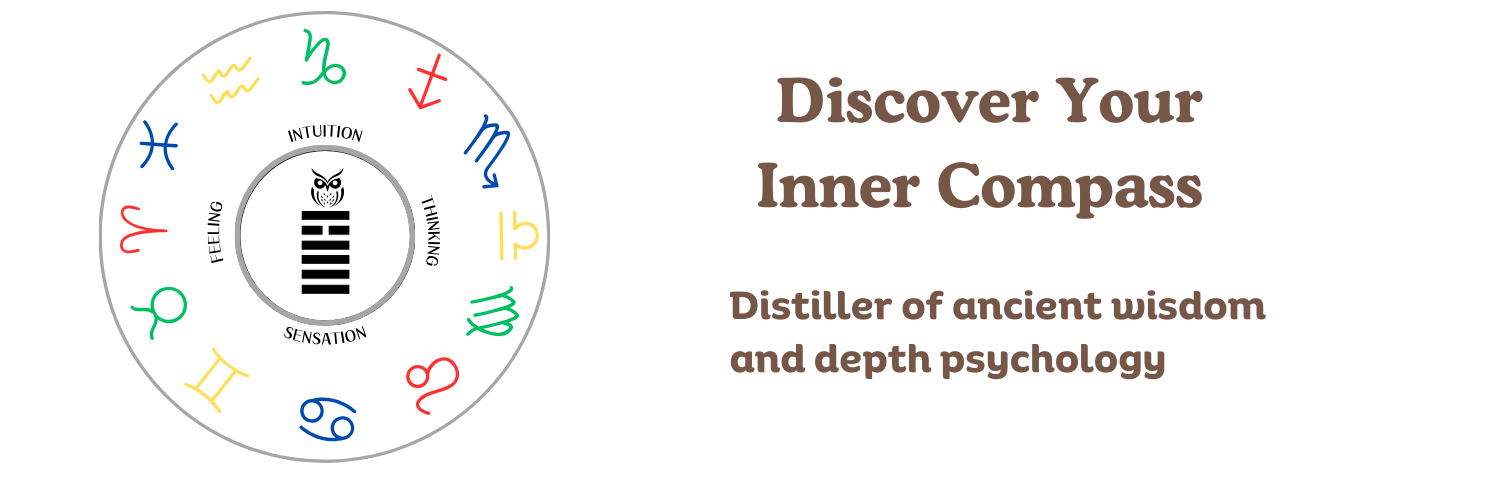Jung said that “if you identify with [a type] you identify with a corpse.”
That sounds harsh, but Jung believed readers missed the point of his book Psychological Types, which admittedly is a difficult book to read. His book was about the problem of one-sidedness and the conflict between the conscious and unconscious psyche. Readers instead focused on chapter 10 and used the book as a way primarily to categorize people.
As Steve Myers writes in Myers-Briggs Typology vs Jungian Individuation, Jung believed that being a type is a problem, not a virtue, because it “helps sustain the split between consciousness and the unconscious.” Type should be viewed as a stepping stone on the path to individuation, not a fixed identity:
One of the criticisms of Myers-Briggs typology is that it lacks a means of ‘changing how we see the world.’ Yet this change of attitude is the gravamen of Psychological Types. In Jung’s original vision, typology is the scaffolding of individual identity. It is not the individual building itself but it a necessary step in the construction process.
[…]
There is great value in the stepping stone of Myers-Briggs typology, but if we linger there too long the danger is that it becomes an obstacle to individuation.
Myers-Briggs Typology vs. Jungian Individuation by Steve Myers
Jung believed the dominant and inferior functions were two important poles between which development takes place. Uniqueness doesn’t come from developing one of the opposites, because that promotes one-sidedness. Jung used the analogy of a hammer, piece of iron, and anvil to describe the individuation process:
It is the old game of hammer and anvil: between them the patient iron is forged into an indestructible whole, an ‘individual.’ This, roughly, is what I mean by the individuation process.
Myers-Briggs Typology vs. Jungian Individuation by Steve Myers
In summary, Jung’s typology is meant to be used in a Jungian context as part of individuation. “It was an an integral part of the foundation of analytical psychology” as Myers says. It wasn’t meant as a stand alone system to be used in isolation, which is the way it is mostly used today.
Source: Myers-Briggs Typology vs. Individuation: Overcoming One-Sidedness in Self and Society by Steve Myers
